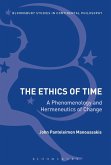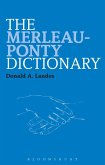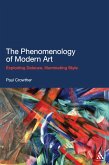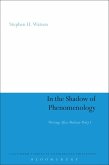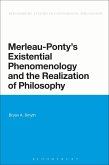The New Phenomenology: A Philosophical Introduction is the first available introduction to the group of philosophers sometimes associated with the so-called 'theological turn' in contemporary French thought. This book argues that there has not been a 'turn' to theology in recent French phenomenology, but instead a decidedly philosophical reconsideration of phenomenology itself. Engaging the foundational works of Emmanuel Levinas and Michel Henry, as well as later works by Jacques Derrida, Jean-Luc Marion and Jean-Louis Chretien, the book explores how these thinkers offer a coherent philosophical trajectory - the 'New Phenomenology.' Contending that New Phenomenology is of relevance to a wide range of issues in contemporary philosophy, the book considers the contributions of the new phenomenologists to debates in the philosophy of religion, hermeneutics, ethics, and politics.
With a final chapter looking at future directions for research on possible intersections between new phenomenology and analytic philosophy, this is an essential read for anyone seeking an overview of this important strand of contemporary European thought.
With a final chapter looking at future directions for research on possible intersections between new phenomenology and analytic philosophy, this is an essential read for anyone seeking an overview of this important strand of contemporary European thought.



